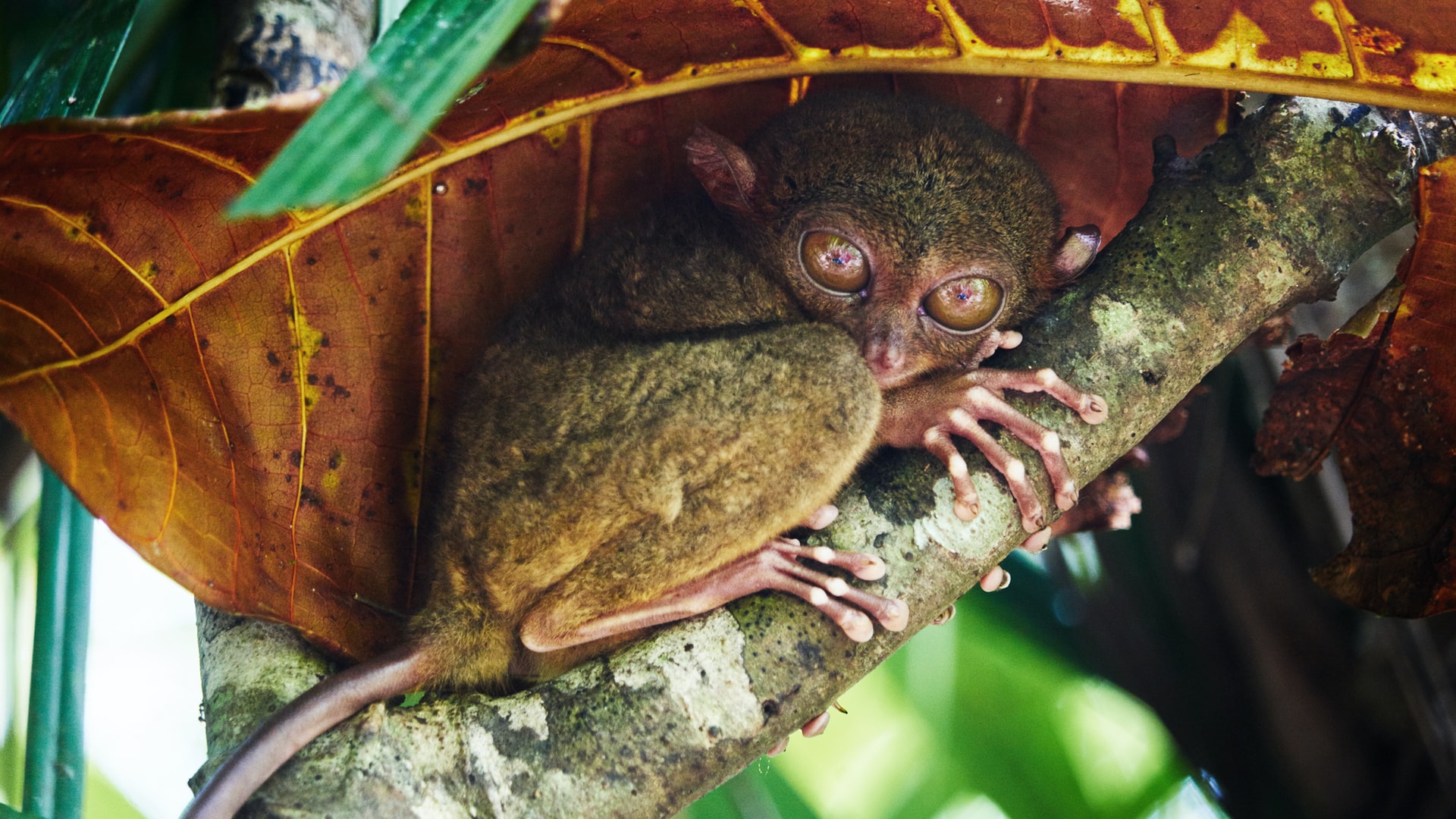
MANILA – A measure seeking to impose stiffer penalties on the exploitation and abuse of wildlife in the country has hurdled committee level at the House of Representatives.
According to a statement on Wednesday, the House committee on natural resources, chaired by Cavite Rep. Elpidio Barzaga Jr., approved the consolidated version of five bills calling for the conservation and protection of wildlife resources and their habitats.
The proposed law would replace Republic Act 9147 otherwise known as the Wildlife Resources Conservation and Protection Act enacted in 2001.
Cagayan de Oro City Rep. Rufus Rodriguez said the measure prescribes longer prison terms and higher fines for those who abuse the country’s wildlife, especially endangered species.
He said the country has a diverse variety of wildlife, including the famous Philippine tarsier, tamaraw and Philippine eagle.
“There are 133 terrestrial mammals, 230 birds, 244 reptiles, and 97 amphibian species, and 120 fishes that can be found only here,” he said.
Rodriguez said the nation’s flora and fauna and their habitats should be protected from overexploitation, destruction, fragmentation, culling, poaching, hunting, pollution, and climate change for this generation and the future generations.
He further noted that the existing law “has to be updated, improved and strengthened to meet and address the demands and problems we have today.”
Under the bill, the imposable penalties for serious offenses such as illegal killing of wildlife are imprisonment of 12 years and one day to 20 years and a fine of PHP200,000 to PHP2 million.
The minimum punishment for minor infractions is a prison term of one month and one day, plus a fine of PHP20,000.
Under the existing law, the maximum penalties are imprisonment of six years and one day to 12 years, plus a fine of PHP100,000 to PHP2 million.
The lightest penalty is a prison term of 10 days and a PHP200 fine.
The consolidated bill designates the Department of Environment and Natural Resources, Department of Agriculture and the Palawan Council for Sustainable Development, in the case of Palawan, as implementers of the proposed law.